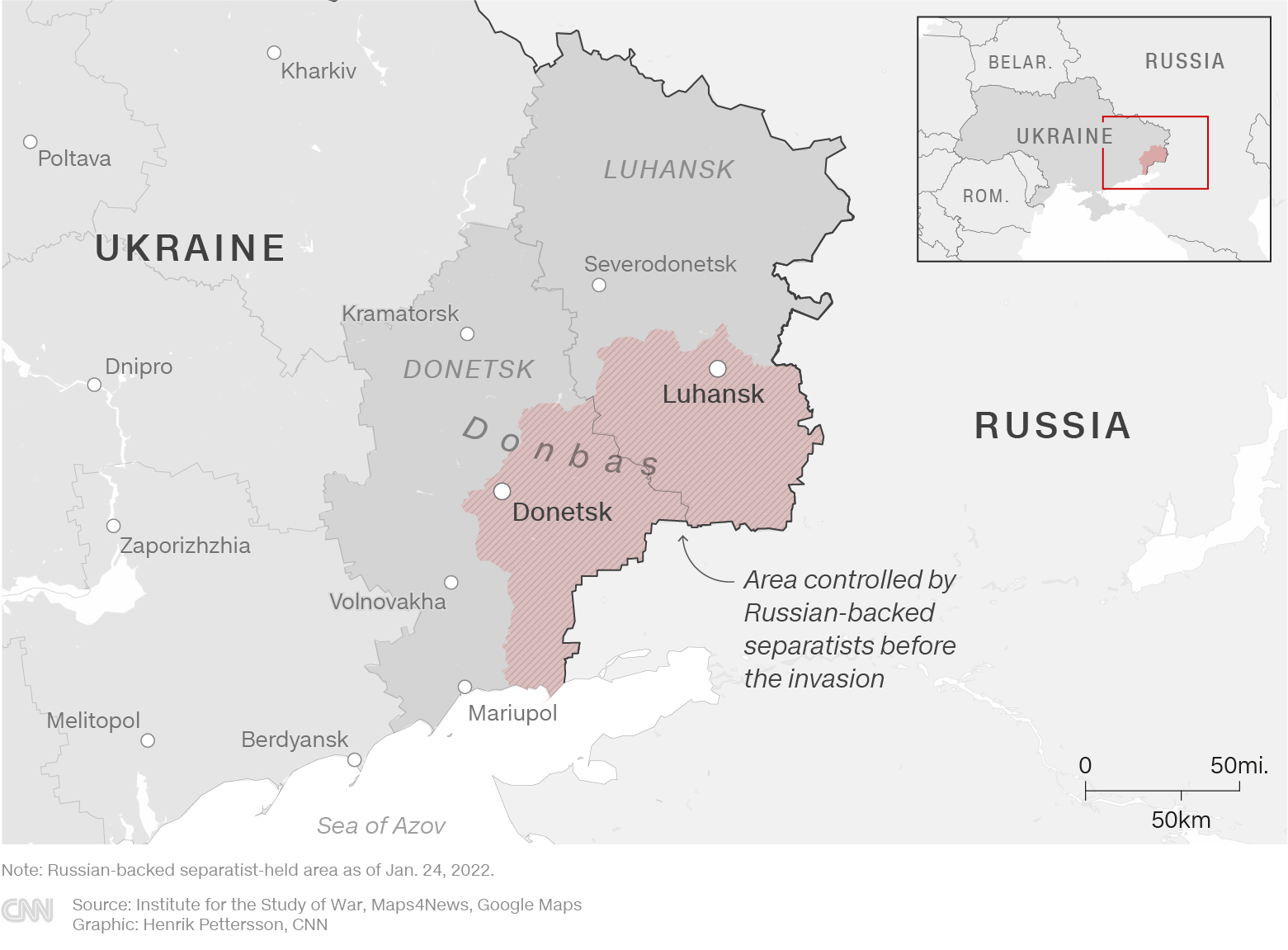Queer, inclusive, eco-conscious and frankly pretty pornographic, Portuguese director Joao Pedro Rodrigues’ musical fantasy Will-o’-the-Wisp (Fogo-Fátuo) was arguably the most fun anyone could have had for 67 minutes in a cinema during the 2022 Cannes Film Festival. Which is not to say the film doesn’t also have its serious moments, given that it touches on environmental catastrophe, lost love and even death. Still, this is a joyful romp that revolves around a young princeling (Mauro Costa) who defies family tradition to become a fireman and finds love with fellow firefighter Afonso (Andre Cabral).
Punctuated with impressive dance numbers to old children’s TV tunes and pop songs, choreographed by Madalena Xavier, this is sure to get programmed at LBGTQ+-friendly festivals everywhere. The abundant images of penises in every state of excitation will mean hardcore certification in most territories, but it’s sure to find an audience all the same.
Will-o’-the-Wisp
The Bottom Line
Will light a lot of fires.
The film was made on an obviously modest budget that keeps the sets simple and the costumes skimpy — although there may be other reasons for that last design choice. Director Rodrigues (The Ornithologist) and his co-screenwriters João Rui Guerra da Mata and Paulo Lopes Graça put a sci-fi narrative frame around the story with a few simply decorated rooms. Winking at the audience even in the choice of year, the film starts in 2069, with King Alfredo of Portugal (played by Joel Branco in this time frame) on his death bed, thinking back over his life.
The action soon shifts to the same royal palace but in an alternate version of our present day. Alfredo (Costa) is a young man in his twenties with a cloud of blond ringlets and a sweetly bovine expression who is troubled by the wildfires sweeping the country. (Portugal has indeed recently had devastating wildfires, like many parts of our soon to be uninhabitable planet.)
His imperious, snobbish parents, however, seem barely concerned. Despite Alfredo’s word-perfect recitation of Greta Thunberg’s famous speech to the United Nations (“We are in the beginning of a mass extinction, and all you can talk about is money and fairy tales of eternal economic growth — how dare you!”), they’re horrified that he wants to go off and become a fireman. “Don’t confuse the royal family with documentary cinema!” his mother chides, a line that provoked much mirth at the festival screening I attended.
Nevertheless, Alfredo goes off to join the firehouse, resisting the discouraging reactions from the fire chief (Claudia Jardim, salty and delicious) and the men and women who warn him that training will be as fierce as their dancing. In the firehouse garage, willowy Alfredo performs a pas de deux with his muscular tutor Afonso. This involves lots of moves from the classical ballet repertoire with a corps de ballet of firemen and women behind them, all set to a Portuguese song called “Black on White,” a somewhat on-the-nose choice given that Afonso is a person of color.
Before long, desire is kindled between the two men when Alfredo must practice his mouth-to-mouth resuscitation technique on his teacher. The homoerotic atmosphere extends to the other firemen in residence, who like to recreate scenes from famous paintings with each other while naked — from Titian’s Rape of Lucretia to Francis Bacon’s wrestlers. Later, called out to tend a real fire supposedly, Alfredo and Afonso lie naked in the grass and rub each other’s sticks until their desire is quenched, a rather sweet bit of hardcore that goes all the way to the money shots.
The later half of the film is even less densely plotted, but still pretty much a hoot. While the cast’s dancing is very good, on the whole, the acting suggests less training. But that fits the semi-professional vibe even better, creating a work that feels light, quick and quite dirty in every sense.



























































